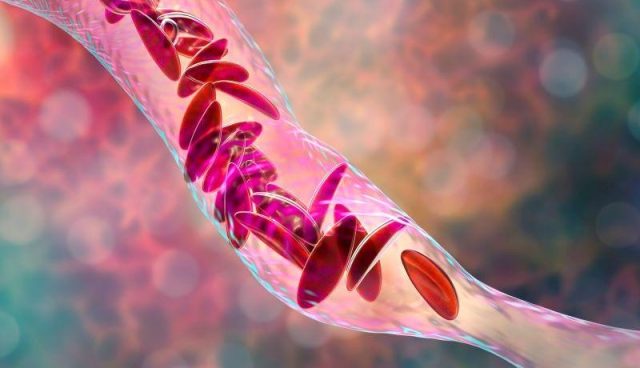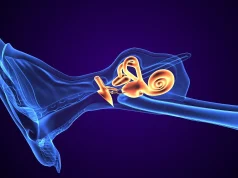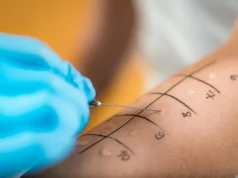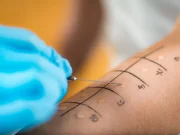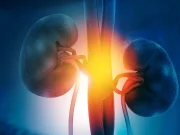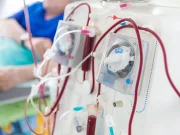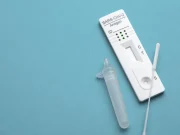97 percent of patients were free from vaso-occlusive crises for at least 12 consecutive months
By Elana Gotkine HealthDay Reporter
THURSDAY, April 25, 2024 (HealthDay News) — For almost all patients with sickle cell disease, treatment with exagamglogene autotemcel (exa-cel) eliminates vaso-occlusive crises, according to a study published in the April 24 issue of the New England Journal of Medicine.
Haydar Frangoul, M.D., from the Sarah Cannon Research Institute at the Children’s Hospital at TriStar Centennial in Nashville, Tennessee, and colleagues conducted a phase 3, open-label study of exa-cel in patients aged 12 to 35 years of age with sickle cell disease with at least two severe vaso-occlusive crises in each of the two years before screening. Patients underwent myeloablative conditioning with pharmacokinetically dose-adjusted busulfan before exa-cel infusion. Forty-four patients received exa-cel and were followed for a median of 19.3 months.
The researchers found that in each patient, neutrophils and platelets were engrafted. Twenty-nine of the 30 patients with sufficient follow-up to be evaluated were free from vaso-occlusive crises for at least 12 consecutive months; all 30 were free from hospitalizations for vaso-occlusive crises for at least 12 consecutive months.
“Improvements were seen in all markers of hemolysis evaluated, including normalization of lactate dehydrogenase and detectable haptoglobin levels, findings that indicated resolution of intravascular hemolysis,” the authors write. “Patients also had clinically meaningful improvements in quality of life.”
The study was funded by Vertex Pharmaceuticals and CRISPR Therapeutics.
Editorial (subscription or payment may be required)
Copyright © 2024 HealthDay. All rights reserved.

